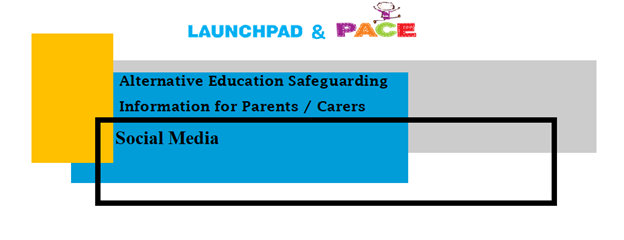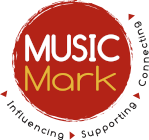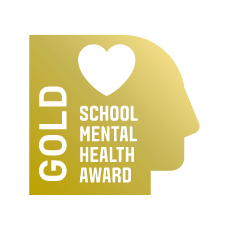Social Media

Almost a third of children have been contacted by or received a friend request from a stranger
Strangers are sending a huge number of children unwelcome friend requests and messages online, new research shows.
Around a quarter of young people aged between 12-15 have experienced cyber bullying and unwelcome friend requests in the last year.
Some 28% of youngsters said they had unwelcome friend requests and contact from strangers, citing it as a potential online harm they had suffered.
Meanwhile, 23% indicated that they had been subjected to bullying, abusive behaviour, or threats.
Almost 4 in 10 (39%) said they had witnessed swearing and offensive language online - the most common potential harm to be reported - followed by spam emails, making up a third of responses (33%).
Overall, 79% of the 1,001 children who participated in the Ofcom and ICO study claimed that they had experienced at least one potentially harmful experience online in the past 12 months.
The majority of these harms - defined as "annoying, upsetting or frustrating" - were said to have been seen on Facebook (24%), followed by Instagram (12%) - also owned by Facebook - and Snapchat (8%).
"It's vital that young users can reap the benefits of going online without being exposed to unacceptable harm," said Tony Stower, head of child safety online at the NSPCC.
"This report reinforces NSPCC research that shows increasing and significant support for regulation of social media platforms.
"It is blatantly clear that, left to their own devices, tech firms will not protect young users and, once again, we urge the Government to move quickly in bringing in robust new laws with tough sanctions for tech firms that fail to keep children safe."
Self-harm
The study, part of Ofcom's first annual Online Nation report, suggests that bullying is also the potential harm that impacts 12 to 15-year-olds the most by more than half (51%), along with content showing self-harm.
Some 61% of adults aged 16 and over said they too had experienced at least one online harm, placing spam emails as the most prolific (34%), along with fake news (25%) and scams/fraud (22%).
Almost a quarter of the 2,057 surveyed (23%) suggested that they do not trust websites and social media sites to remove illegal, offensive or harmful material quickly.
Seven in ten indicated that there should be more regulation of social media sites (70%), up from 52% the year before, as well as video sharing websites (64%) and instant messaging services (61%).
"As most of us spend more time than ever online, we're increasingly worried about harmful content - and also more likely to come across it," said Yih-Choung Teh, group director of strategy and research at Ofcom.
"For most people, those risks are still outweighed by the huge benefits of the internet.
"And while most internet users favour tighter rules in some areas, particularly social media, people also recognise the importance of protecting free speech - which is one of the internet's great strengths."
What are we doing about it?
Here at Alternative Education we aim to educate and empower our pupils to deal with online abuse appropriately. We believe pupils should be given the tools to make better decisions when online. We achieve this by:
- Our PHSE Curriculum e.g. Equality and Diversity, Healthy Relationships etc.
- Safeguarding Lessons e.g. Online bullying, Peer on Peer abuse, Healthy relationships etc.
- Safeguarding Assemblies e.g. Internet Safety
- Safeguarding Calendar Themes e.g. Safer Internet Day, Anti-Bullying Week, Hate crime Awareness Week, Mental Health Awareness Week, Child Safety Week etc.
- Staff are trained in 'Restorative Justice' - resolving conflicts appropriately
- Improving Resilience - a whole School approach
- Working closely with the Youth Justice Service and offering prevention work to key pupils
- Regular communication and visits from Merseyside Police
- The Safeguarding Team - open door policy
- Pupil Safeguarding Council
- Safeguarding Information / Notice Boards
- Signposting pupils for support e.g. referrals to key service
- School also achieved the BIG Award for a third consecutive year for 'excellence in challenging bullying'.
- Pupil Safeguarding Questionnaires
- Support from our Pastoral Support team
- Our on-site counsellor support





